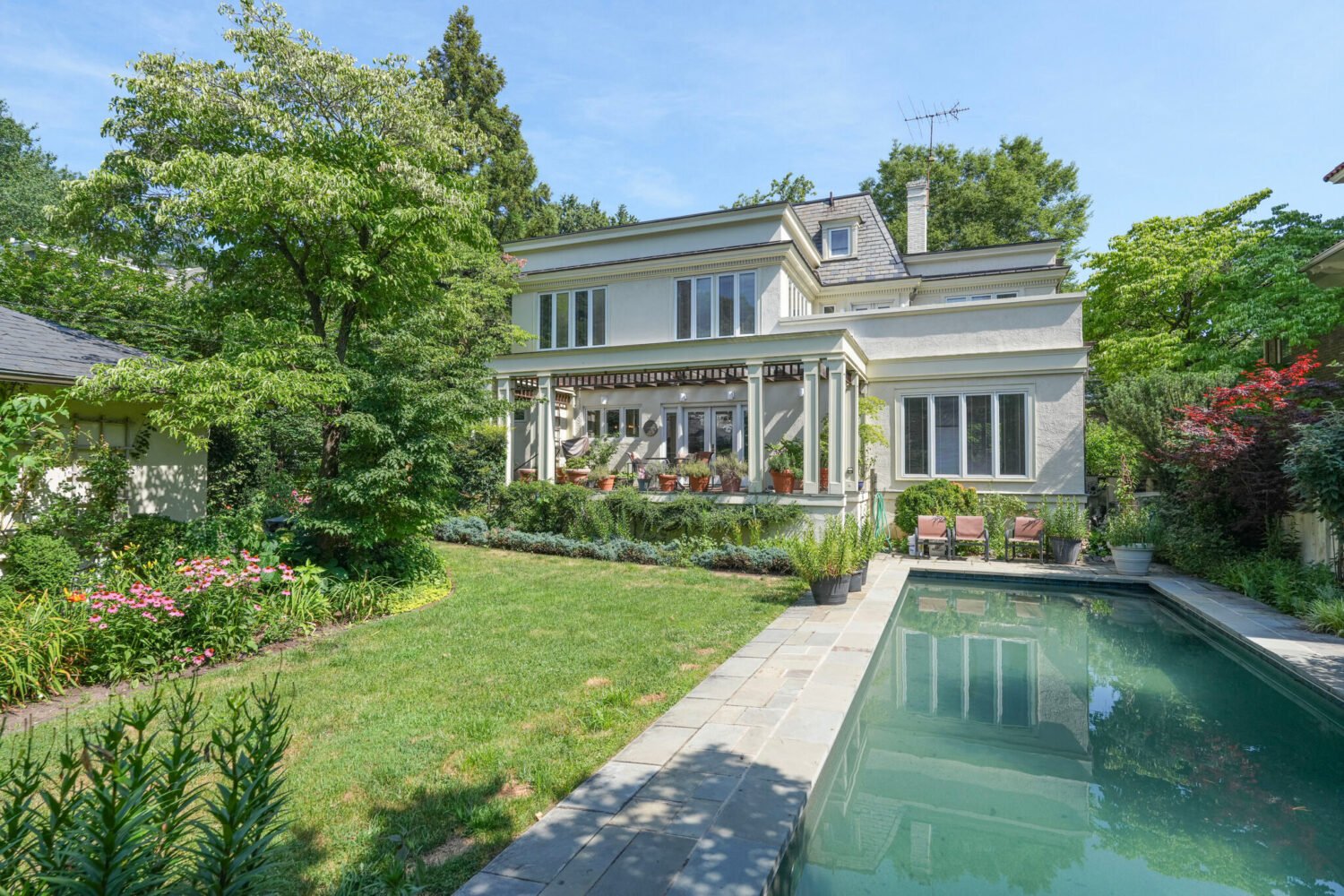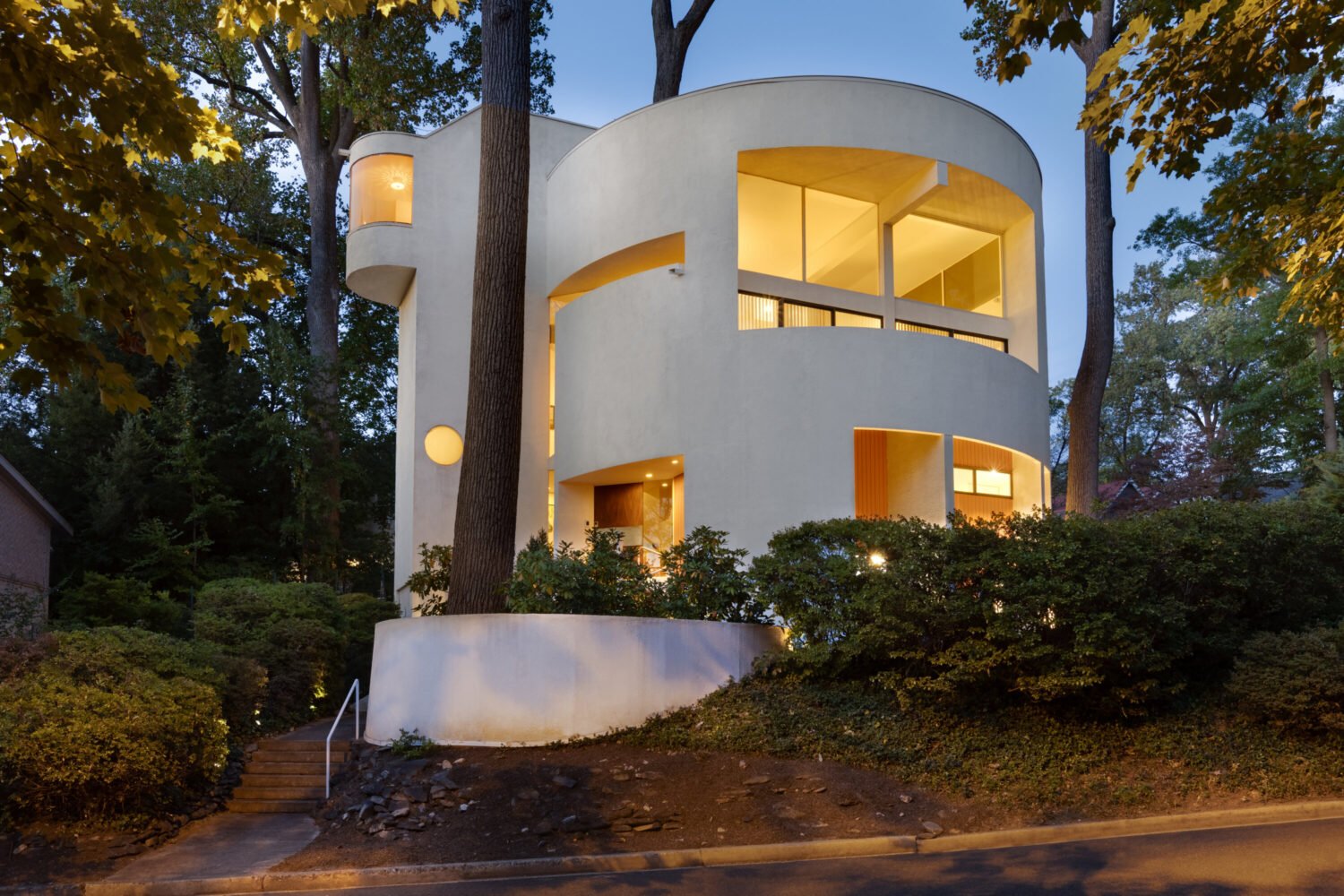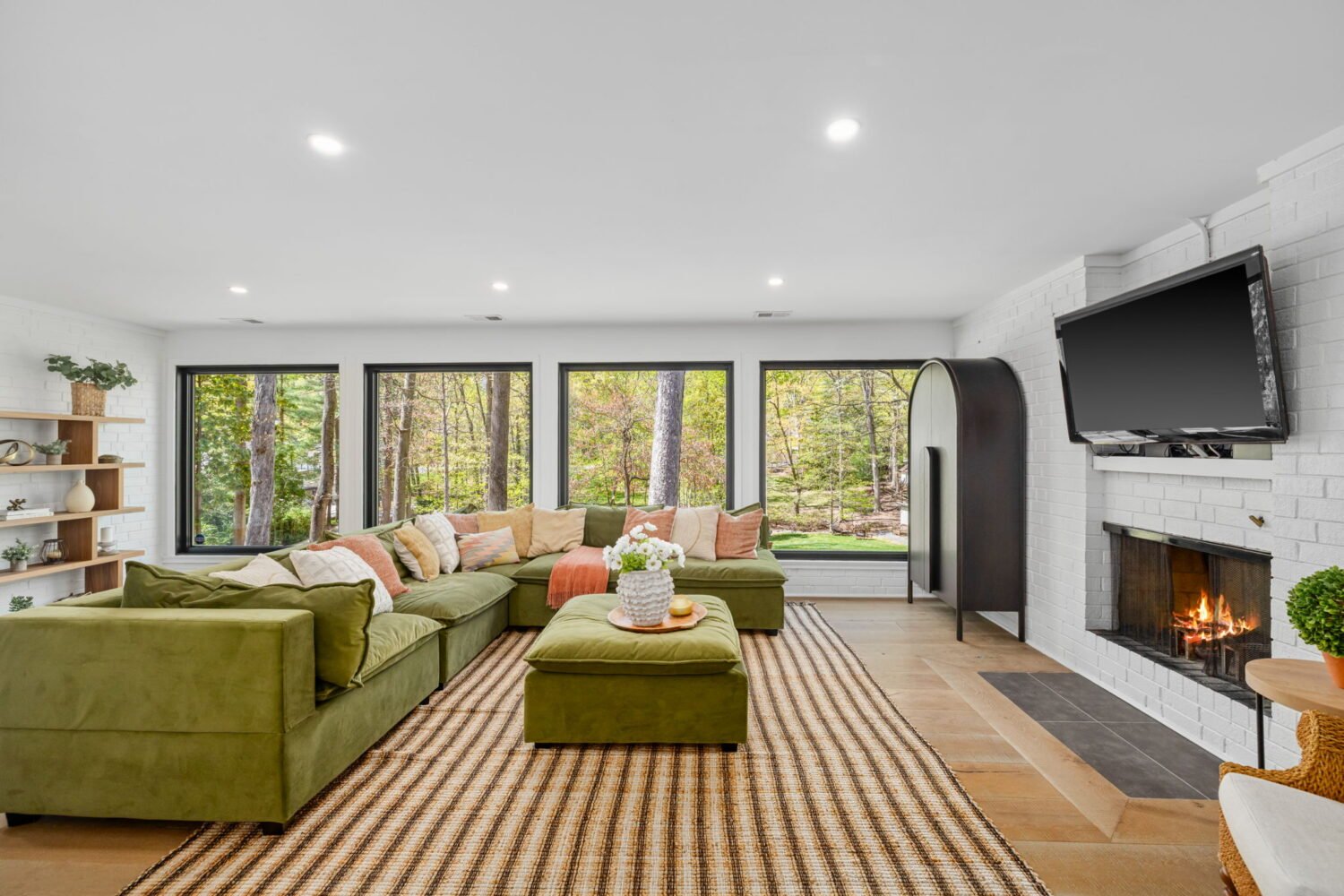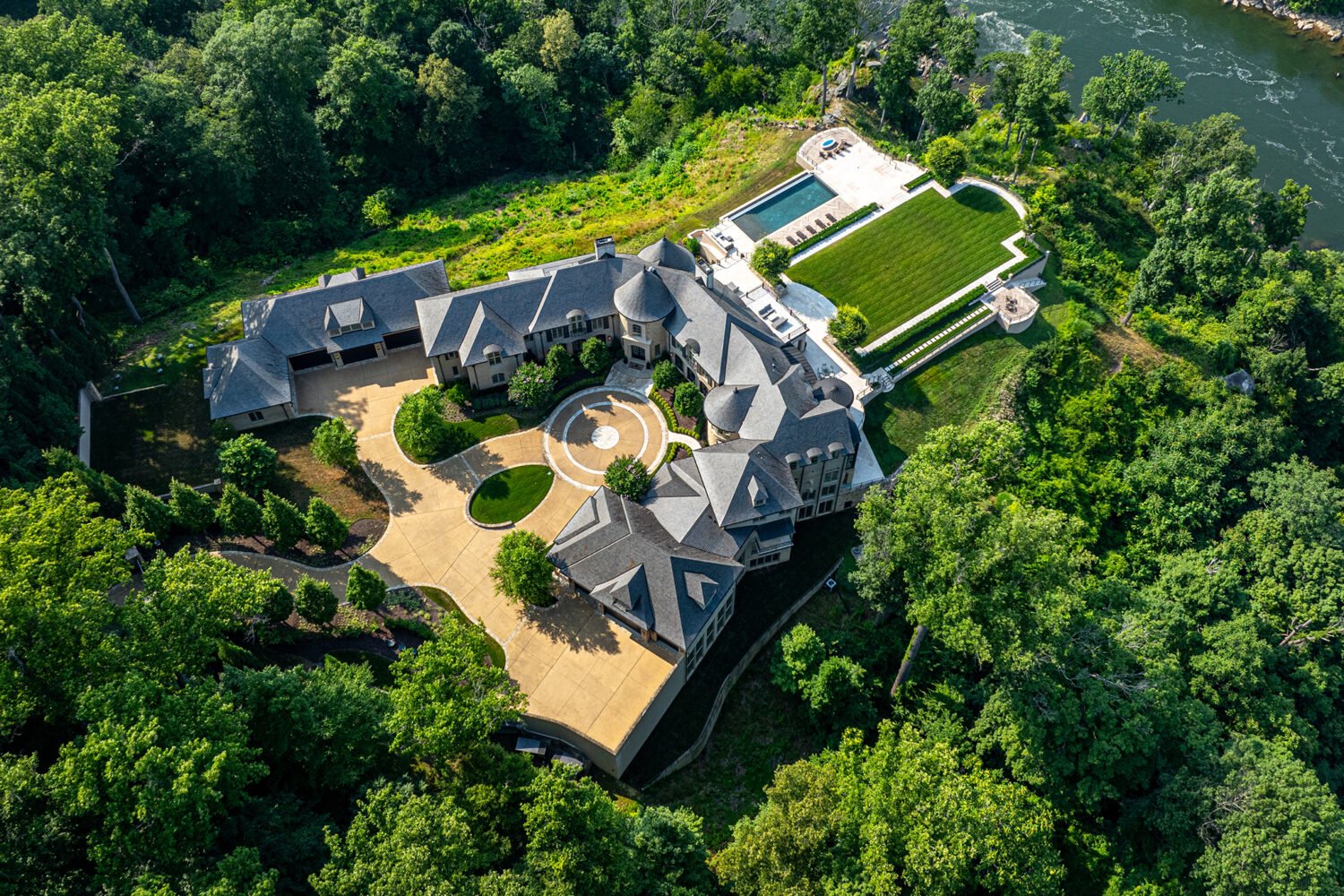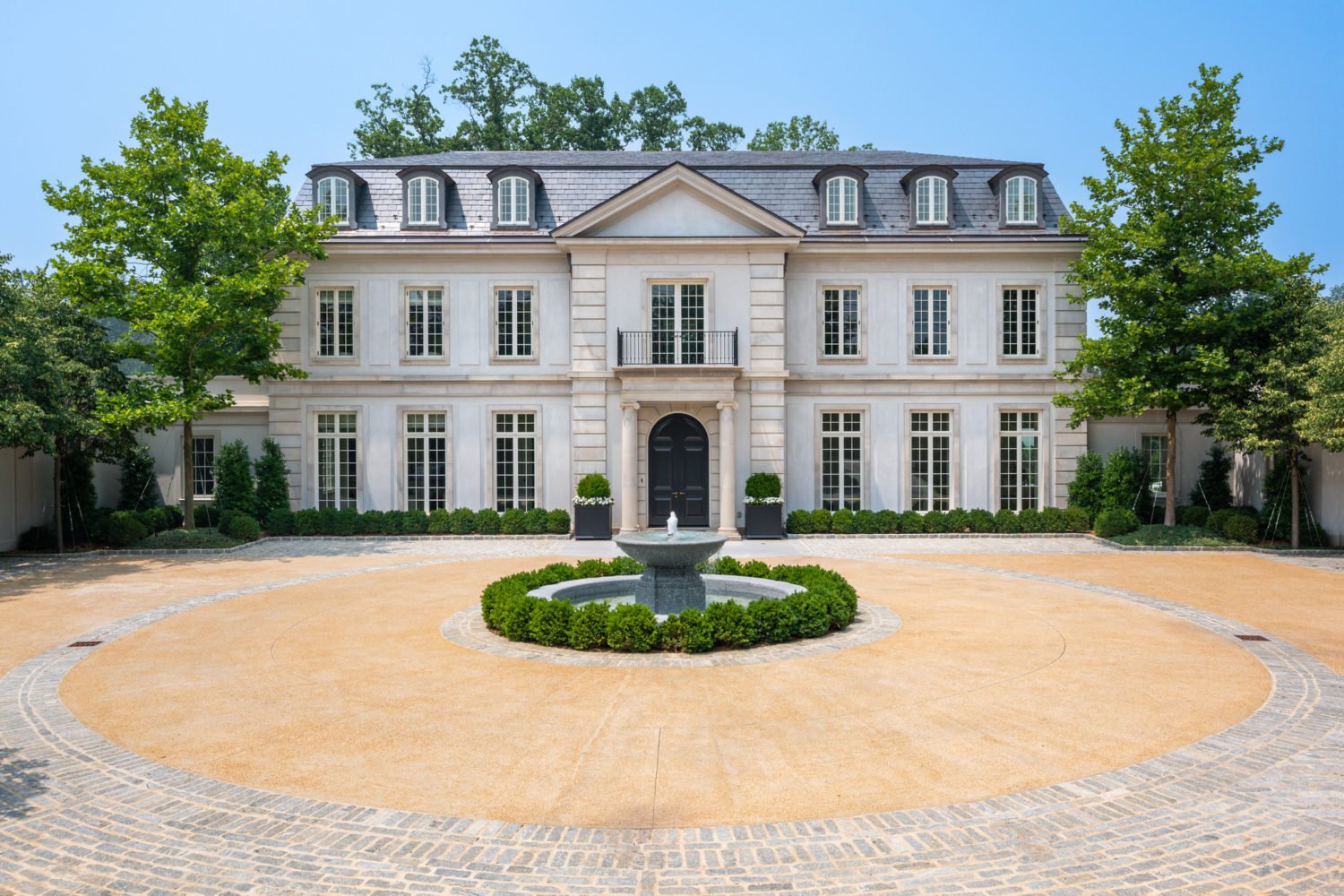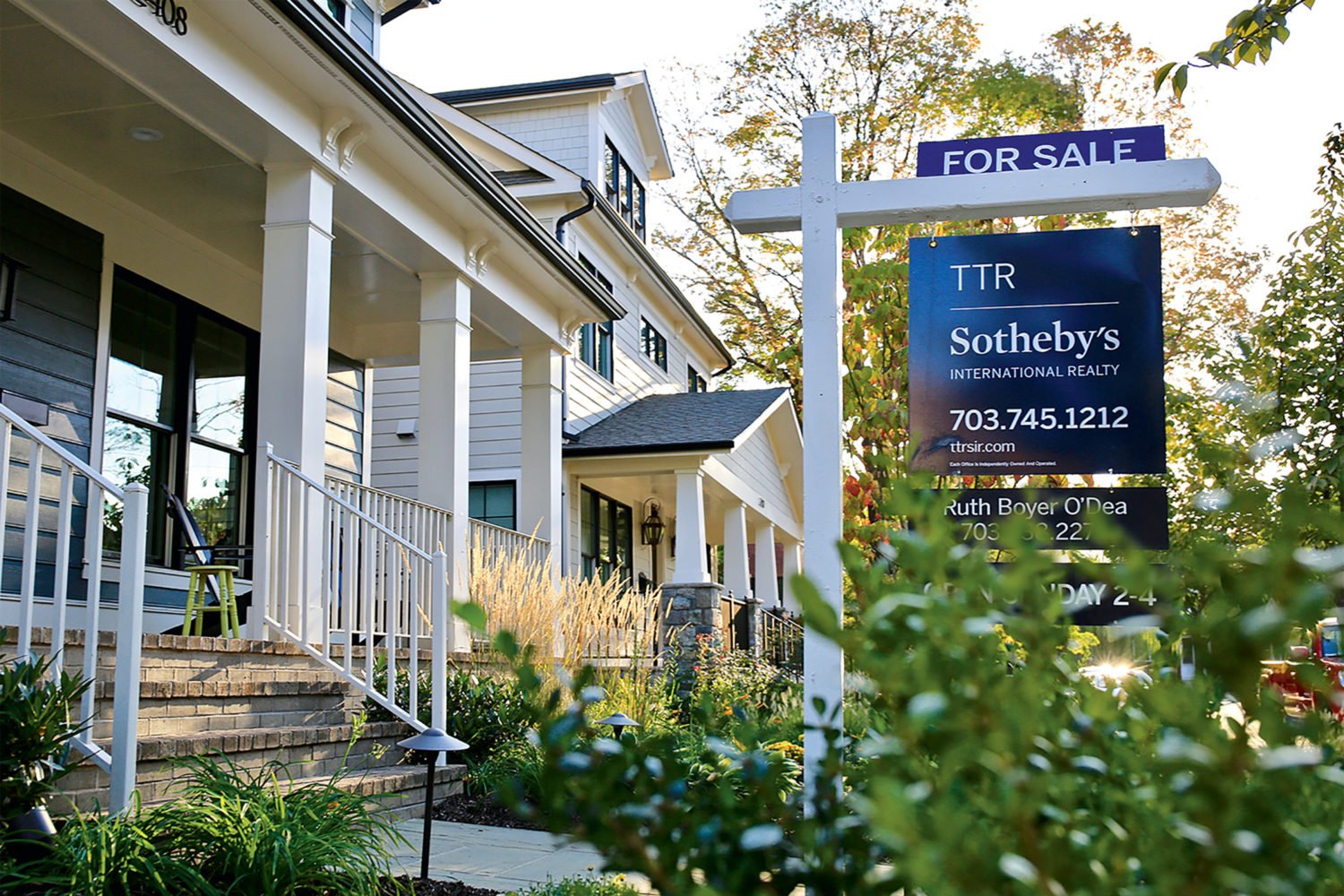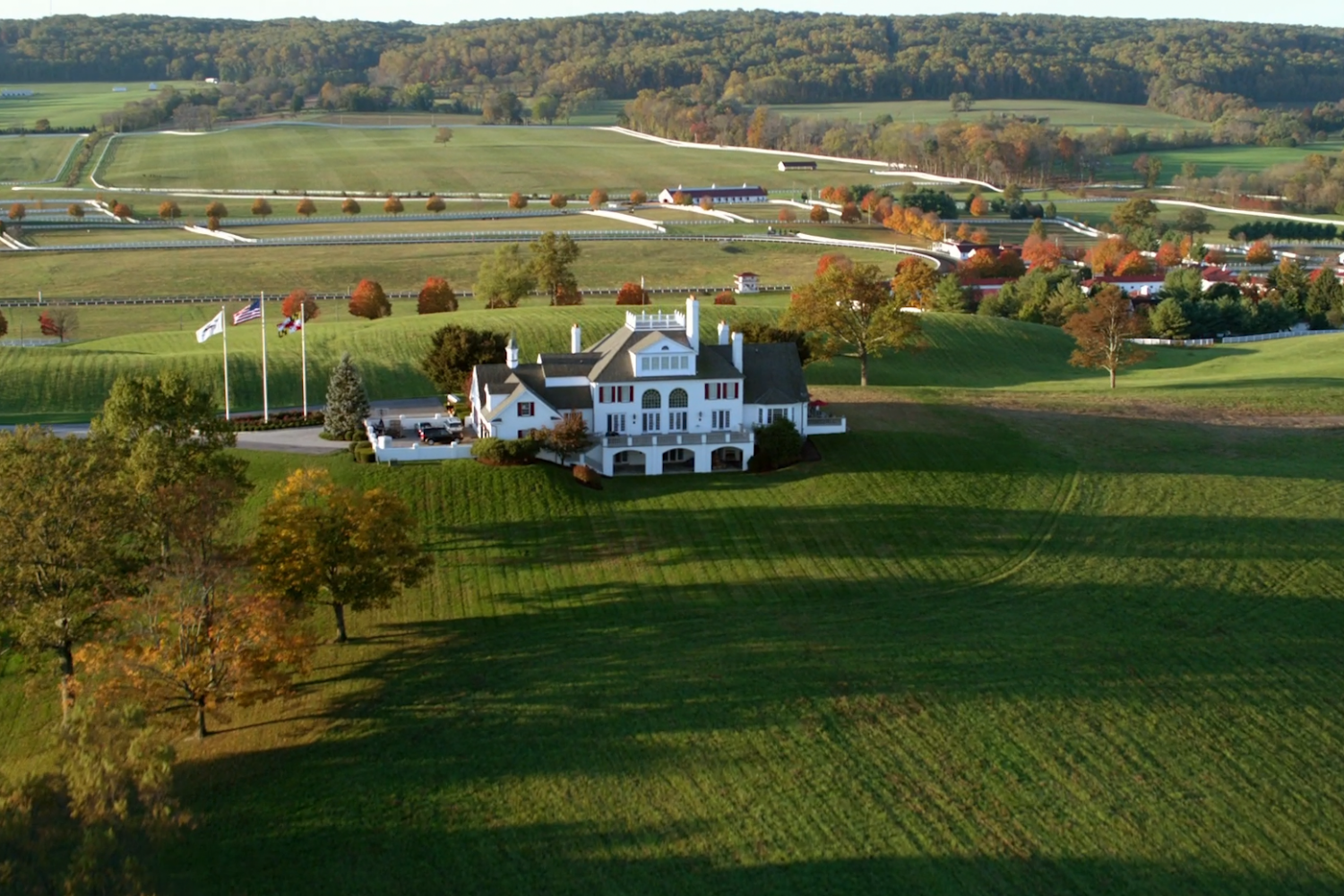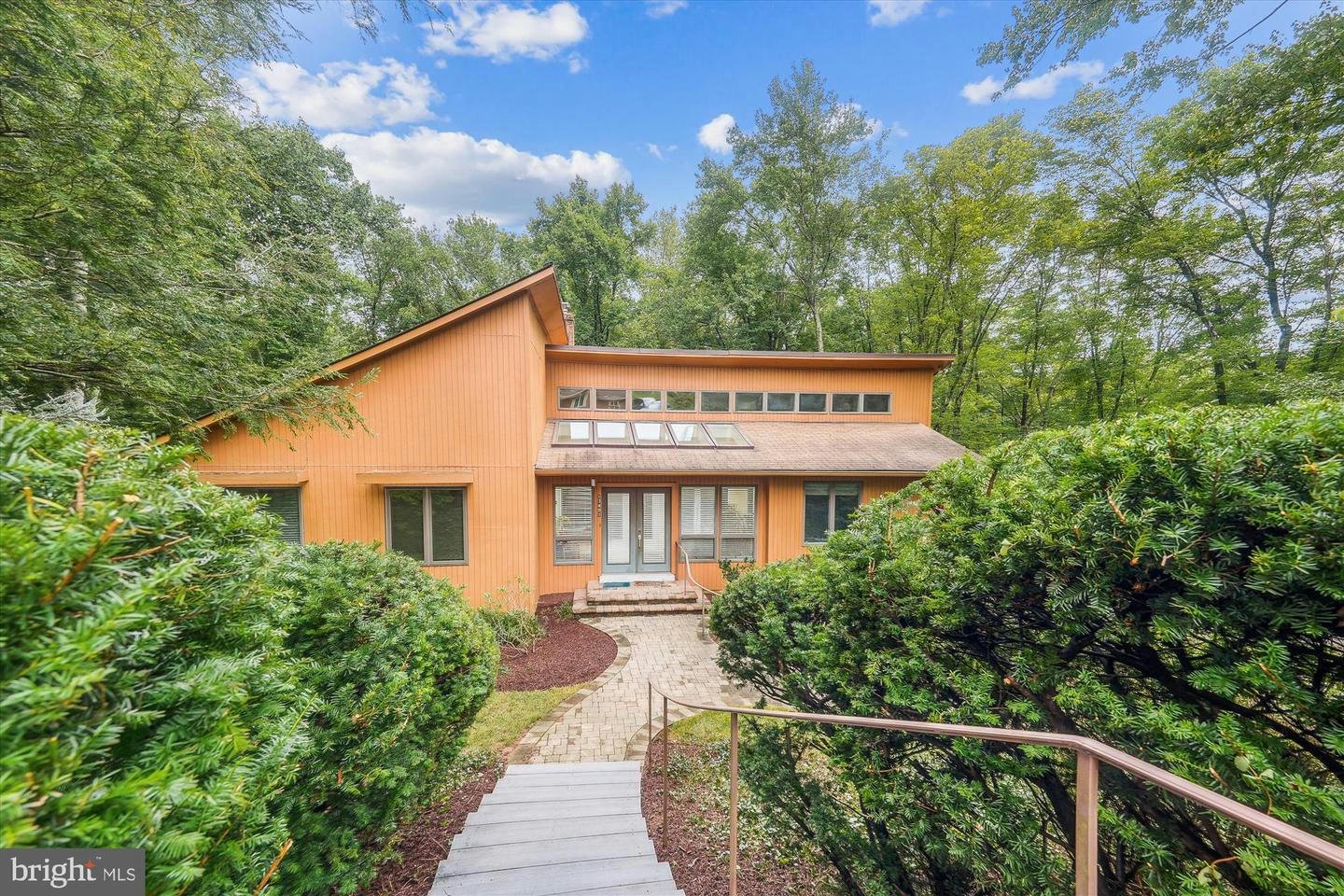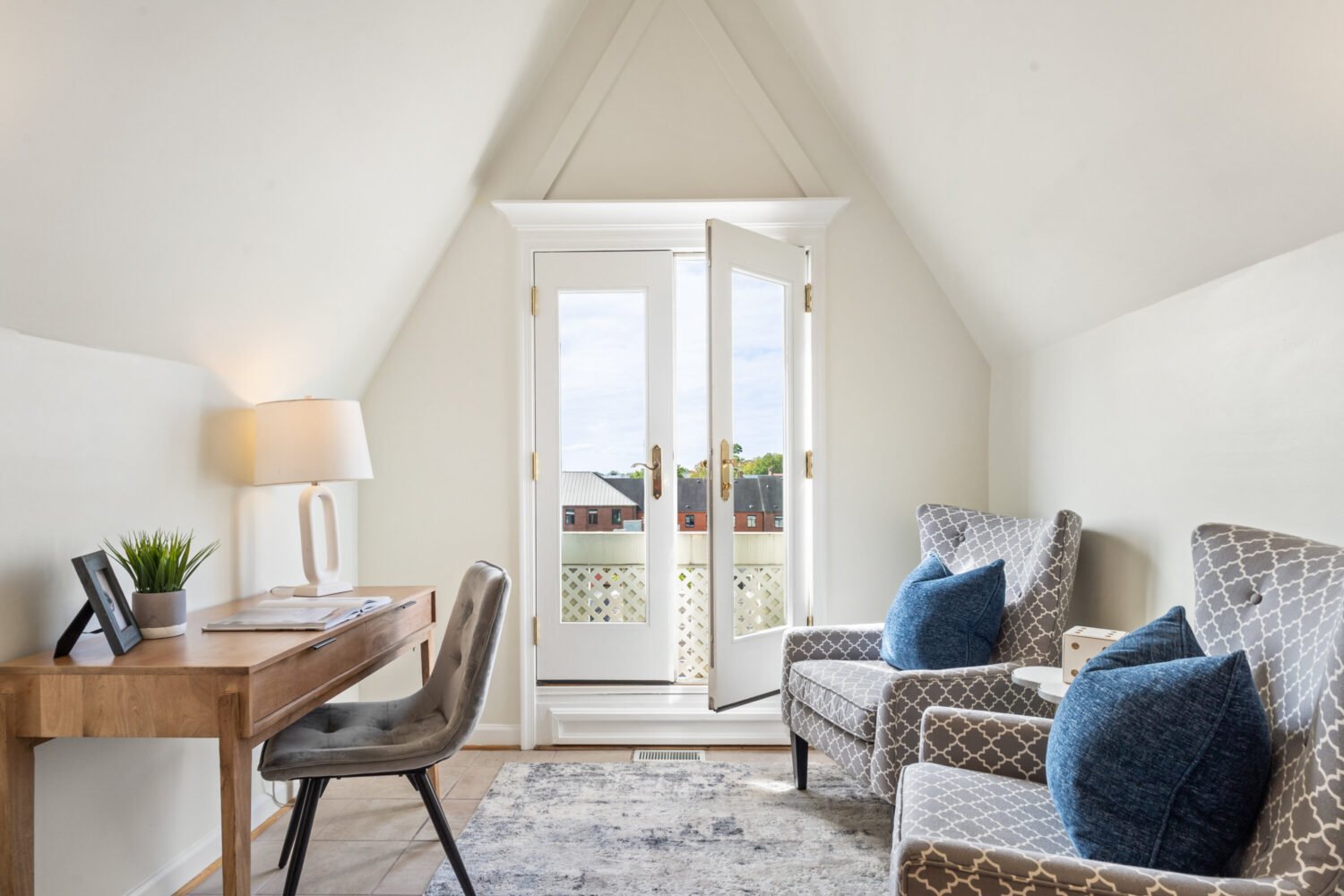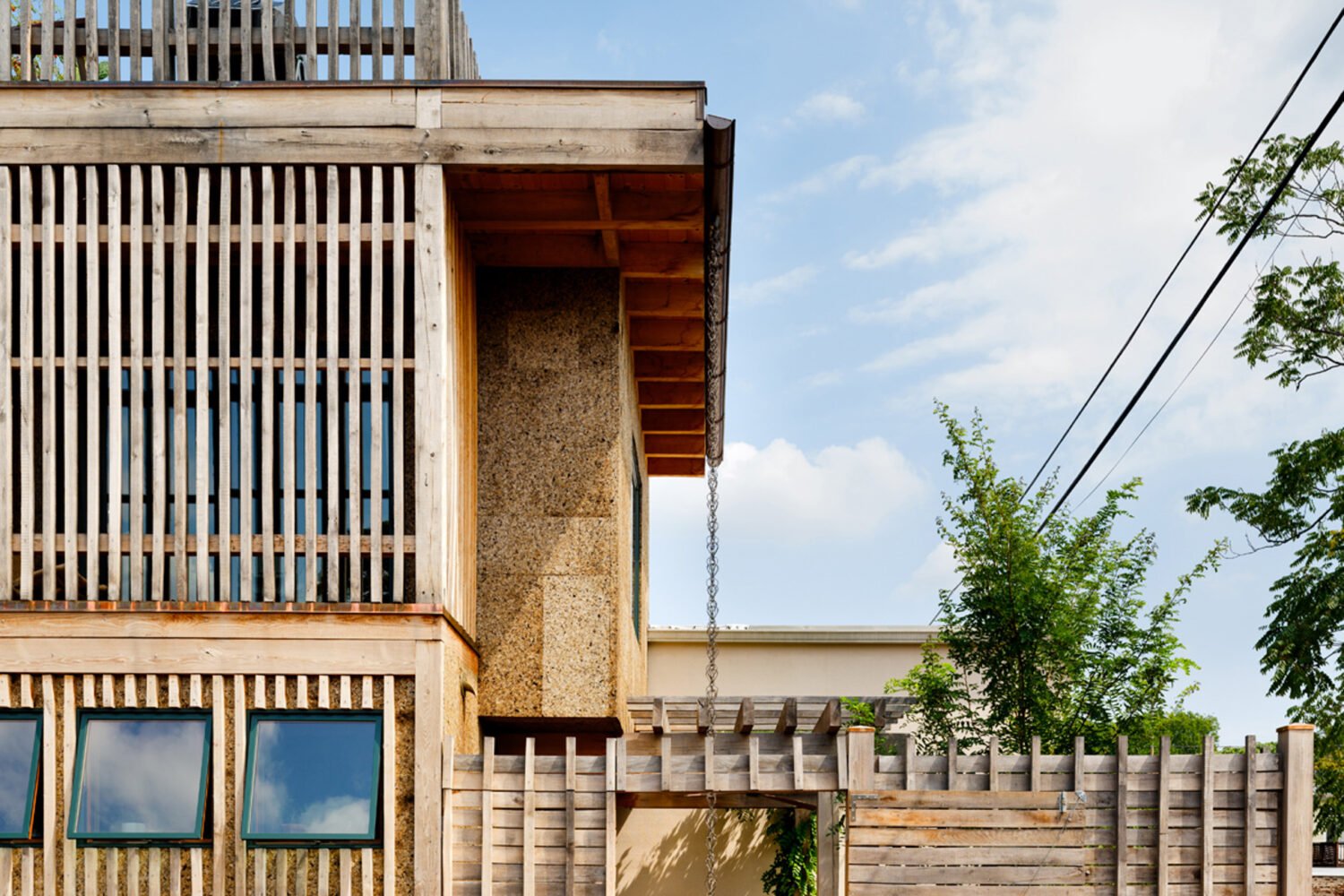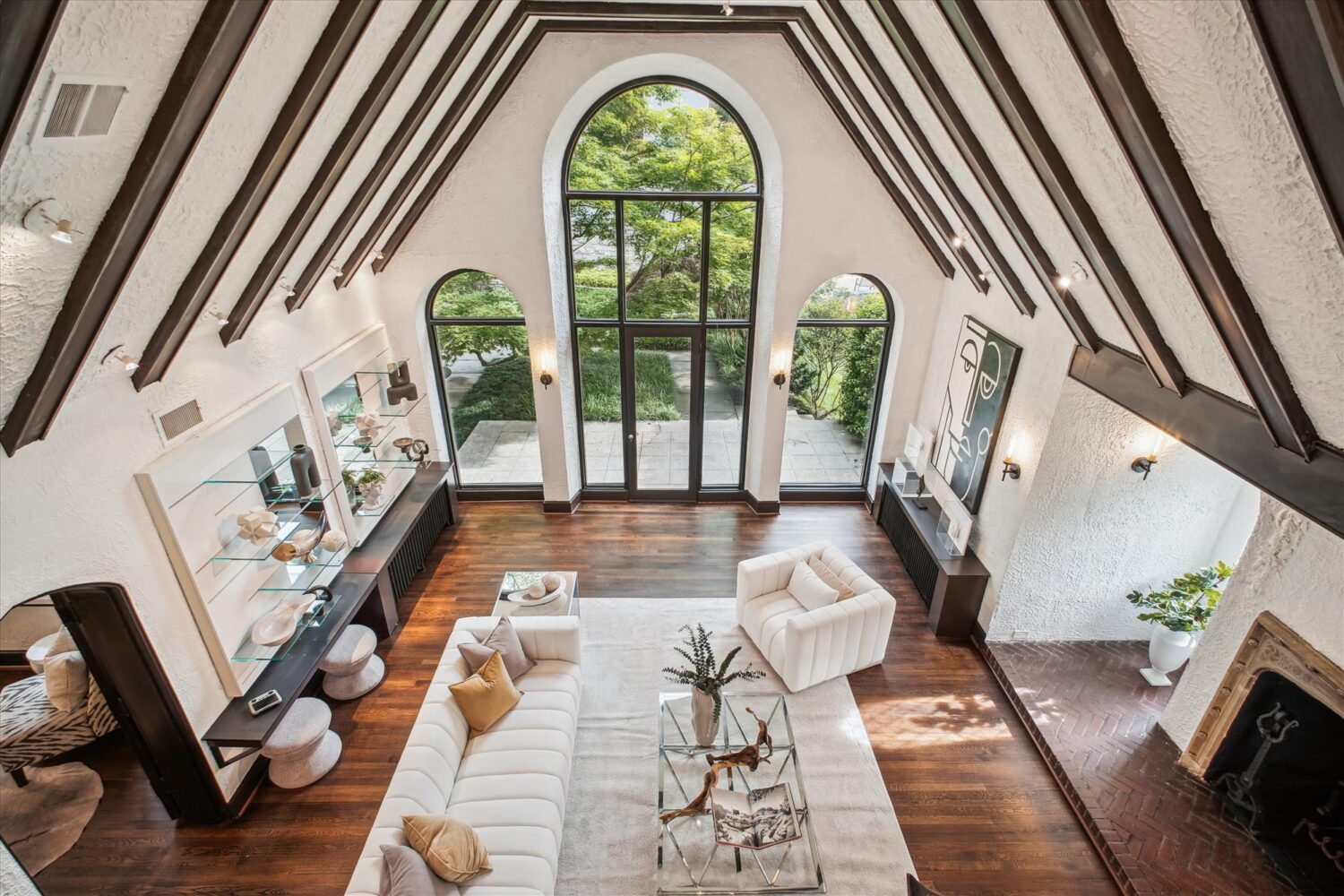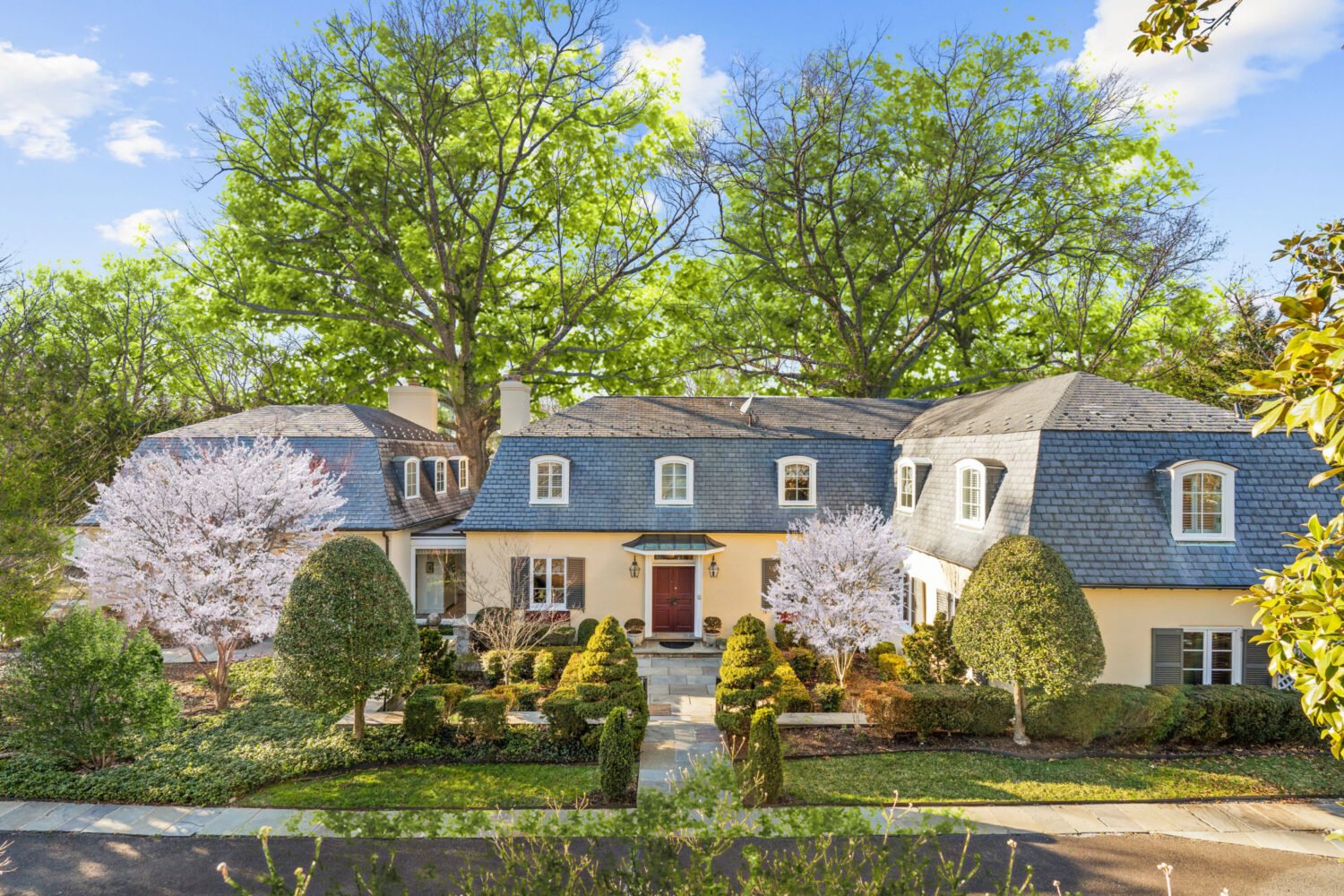The newest affordable neighborhood for DC-area workers is…Richmond?
Looks like it. As remote and hybrid work appear here to stay and people grow more frustrated with the Washington area’s high housing prices, some are deciding they’d rather report to their DC office from further down I-95.
Richmond saw a huge rise in the number of Northern Virginia residents who relocated during Covid: There was a 36 percent increase in the average number of NoVA transplants to Richmond during 2020 and 2021 compared to the time between 2012 to 2019, Axios reports. This comes as train ridership between Richmond and DC increased 26 percent from July 2019 to July 2022, Axios also found, and as the Richmond area’s population grew quicker than NoVA’s for two years straight, according to University of Virginia research—the first time that’s happened since this data’s been collected.
Pre-Covid, the majority of DMV clients who Richmond real estate agent Jenny Maraghy helped relocate to her city had some kind of connection to the area—maybe they had family there or a kid at VCU. Now, she’s seeing an explosion of DC-area people moving to the city without any ties simply for lower housing prices and costs of living. The December 2022 median home sales price for the DC area was $513,315; meanwhile, it was $313,245 in Richmond. Remote work, Maraghy says, “opened the door to them thinking about, Hey, this is an option.”
These people are mostly priced-out young families looking for a bigger house or first-time buyers, Maraghy says, and while some are working fully remote, others plan to drive to Washington or take the train weekly or monthly to report in for work. Most of these transplants come from Northern Virginia or DC proper, says Maraghy, not Maryland.
Richmond real estate agent Tamara Totman also says she’s seen “a crazy amount” of Washington people relocating since the start of the pandemic. Many of these clients likely wouldn’t have considered this move had it not been for the pandemic, says Totman—both for its effect on the working world and on people’s desire for an easier style of living. “Covid made people rethink their lives and what they really want and what’s important to them,” she says. “They’re ready for a change. They’re going to do what they want.”
Take, for instance, Whitney Umarov. The 35-year-old, who works in local government, has lived in Alexandria for close to a decade. But she and her husband recently bought their first house in Richmond, and are moving there this spring.
The duo started house-hunting around Arlington and Alexandria but then realized their budget didn’t cover anything in the immediate area with the space they needed. And everything they could afford further out in the DMV felt too suburban. “You’re quickly demoralized,” Umarov says of the DC-area housing search. So they settled on Richmond, and bought a 1,300 square-foot home with three bedrooms and two-and-a-half baths for $292,000.
It seems like the best of both worlds to them: Less traffic, closer to Umarov’s parents in North Carolina, and close enough to DC that she can still drive into the office once a week (her husband is now fully remote). ”I am happy to still go in [to the office],” says Umarov of the drive. “But [now] I can do that and be able to own a home at the same time.”
Another crucial element of Richmond is that it provides a lower housing cost without forcing NoVA transplants to give up the things they like about the DC area: walkability, museums, entertainment, good restaurants and bars. And many of the exurb parts of the DMV where housing costs are lowest come without those urban trappings.
“It’s kind of getting a name for being eclectic,” says Totman of Richmond. “It’s very diverse. There’s a lot of art here. There’s theater, there’s sports. It has everything.”
That urban feel is exactly what Jenny Scott likes about her new neighborhood in Richmond. The 35-year-old federal consultant just sold her Alexandria townhouse and is moving into a 3,300-square-foot, four-bedroom, two-bath Colonial in Richmond that she and her husband purchased for $910,000. She can walk from her new house to breweries and restaurants, and she says the neighborhood almost reminds her of Del Ray—only better-priced. “The house itself is much larger than anything we could afford without going into the deep suburbs in Northern Virginia,” she says. (Scott, pregnant with her second child, is also very much looking forward to Richmond’s lower cost of daycare.)
While Scott is from Richmond and says she likely would have moved there eventually, Covid sped up the process and made it easier: Thanks to hybrid work, she and her husband can keep their jobs, and Scott anticipates taking the train up once a month or so for work.
Of course, more people—and more people coming from more expensive areas—could drive up Richmond’s housing costs. “It’s a Catch-22,” says Totman. “Part of me thinks I want them to keep coming because, obviously, I’m going to make more money. At the same time, the more people come, the higher the prices go.”
That being said: Is it possible that Richmond could become known as a bedroom community for DC workers the way a Reston or a Gaithersburg is now? “Absolutely,” says Maraghy.



